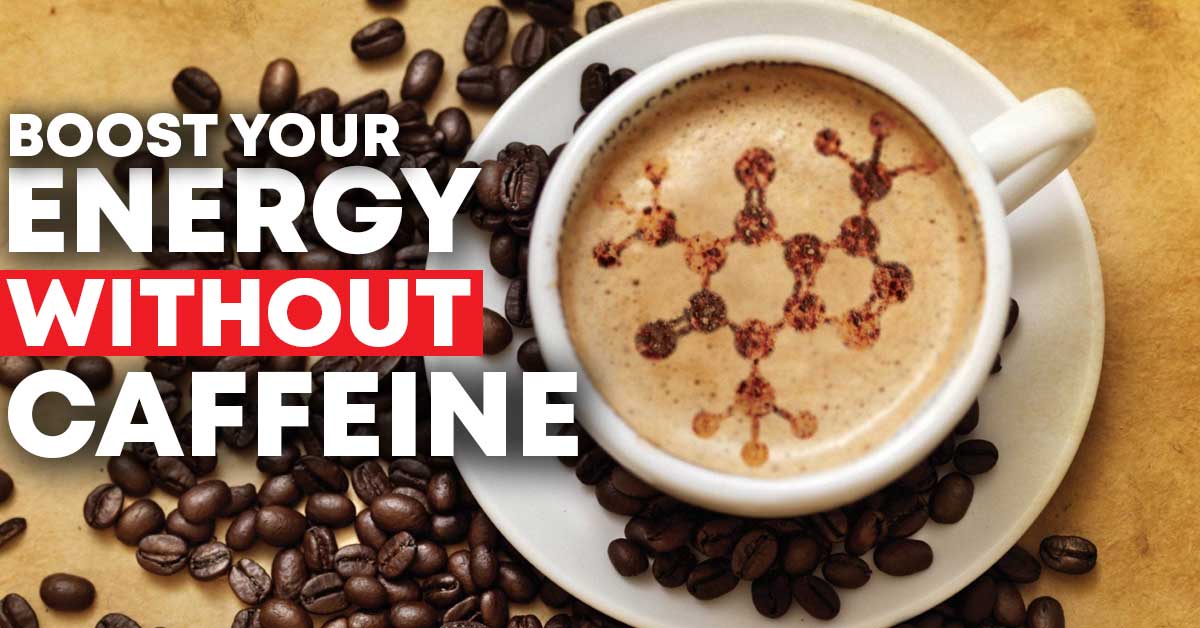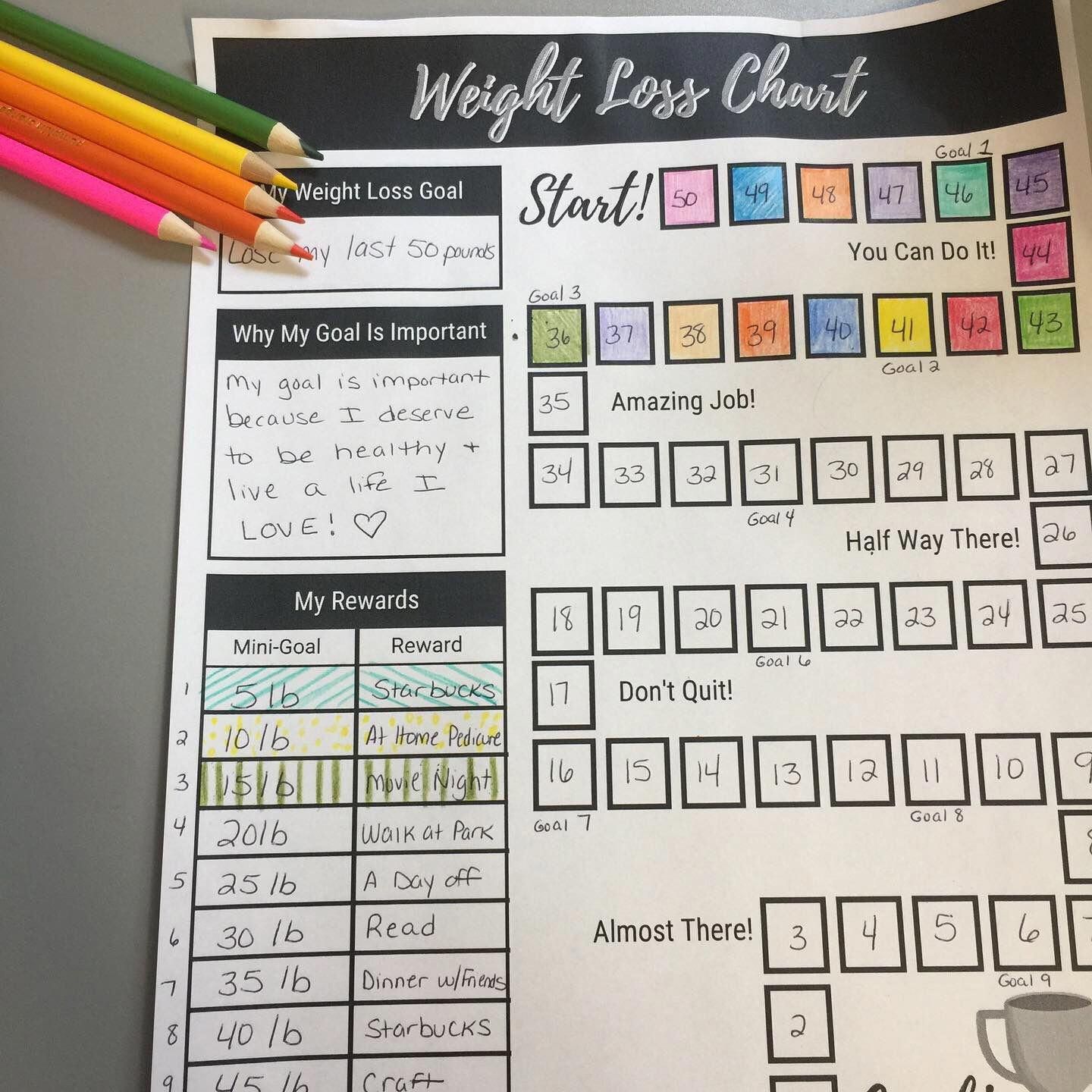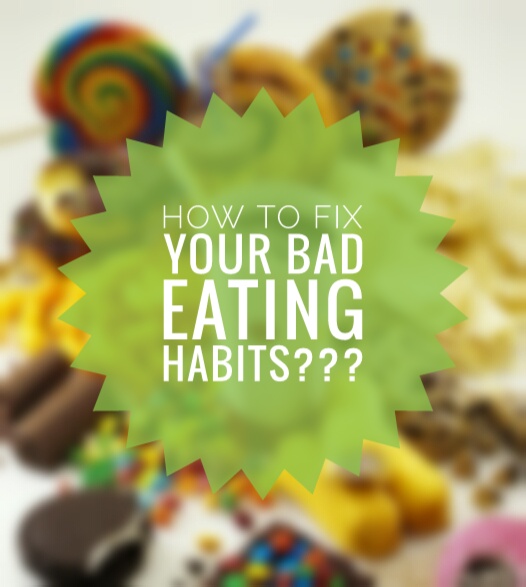Maintaining consistent energy throughout the day without caffeine is completely achievable with the right daily habits. Whether you’re trying to wean off coffee, avoid dependency, or just feel more naturally alert, there are science-backed, sustainable ways to boost your energy. This article outlines a simple, step-by-step guide based on personal experience, medical insights, and behavioral research.
Step 1: Improve Your Sleep Quality
Start with your sleep. Energy begins with rest. If you’re constantly tired, assess whether you’re getting 7 to 9 hours of quality sleep per night.
Actions:
- Set a regular sleep schedule—wake and sleep at the same time daily, even on weekends.
- Avoid screens at least an hour before bed. Use blue light filters in the evening.
- Make your room cool, dark, and quiet. Blackout curtains and white noise machines can help.
- Avoid heavy meals and alcohol 2-3 hours before bedtime.
Why it matters: Sleep is your body’s natural recovery process. Without proper rest, no amount of supplements or strategy can fully replace it.
Step 2: Hydrate First Thing in the Morning
Drink water as soon as you wake up. Your body loses fluid during sleep, and dehydration contributes to fatigue.
Actions:
- Keep a glass or bottle of water next to your bed.
- Drink at least 500 ml (around 16 oz) of water within 15 minutes of waking.
- Add lemon for flavor or electrolytes if needed.
Why it matters: Mild dehydration can lower your alertness, concentration, and cognitive performance.
Step 3: Eat Balanced, Energy-Stabilizing Meals
Your body needs the right fuel to sustain energy. That means balanced meals with complex carbs, healthy fats, and protein.
Actions:
- Start your day with a protein-rich breakfast (eggs, yogurt, oats with nuts).
- Avoid sugar-laden cereals or pastries. These spike blood sugar, then cause crashes.
- Eat every 3–4 hours. Include snacks like almonds, fruit with nut butter, or hummus with veggies.
Why it matters: Blood sugar crashes are one of the most common reasons for feeling sluggish mid-day.
Step 4: Move Your Body Regularly
Physical activity—especially early in the day—can be more effective than caffeine for waking up your body and brain.
Actions:
- Do 15–30 minutes of light to moderate exercise in the morning (a walk, yoga, or bodyweight training).
- If you work at a desk, take a short walk or stretch every hour.
- Include at least one active break in your afternoon to avoid energy dips.
Why it matters: Exercise improves circulation and helps deliver more oxygen and nutrients to tissues, giving your body more natural energy.
Step 5: Get Natural Light Exposure
Sunlight helps regulate your circadian rhythm and improve your alertness.
Actions:
- Step outside within 30–60 minutes of waking for at least 10–15 minutes.
- Work near a window or in a well-lit space.
- Avoid wearing sunglasses early in the morning unless needed.
Why it matters: Morning light helps suppress melatonin, the sleep hormone, and boosts serotonin, improving mood and focus.
Step 6: Practice Controlled Breathing or Meditation
Mental fatigue can feel like physical exhaustion. Slowing your breath can help reset your nervous system.
Actions:
- Try 5 minutes of box breathing (inhale 4 seconds, hold 4, exhale 4, hold 4).
- Use a mindfulness app like Insight Timer or Headspace.
- Take short breaks during work to close your eyes and breathe deeply.
Why it matters: Lowering stress hormones like cortisol can stabilize your energy and help you feel less drained.
Step 7: Take Cold Showers or Face Washes
It might sound uncomfortable, but cold exposure works. It stimulates the nervous system and increases alertness.
Actions:
- End your morning shower with 30–60 seconds of cold water.
- Splash cold water on your face if you feel sleepy.
- Try a brisk walk in cold weather or a cold compress on the back of your neck.
Why it matters: Cold stimulates the vagus nerve and increases norepinephrine, a hormone involved in attention and energy.
Step 8: Limit Screen Time Overload
Digital fatigue from too much screen time can mimic low energy.
Actions:
- Use the 20-20-20 rule: every 20 minutes, look 20 feet away for 20 seconds.
- Take screen-free breaks during the day.
- Reduce background screen exposure (TV or phone scrolling) during meals and relaxation time.
Why it matters: Constant screen exposure leads to eye strain, mental fatigue, and disrupts natural focus rhythms.
Step 9: Choose Energizing Scents or Sounds
Certain sensory stimuli can boost alertness naturally.
Actions:
- Use essential oils like peppermint or citrus for a quick mental refresh.
- Play upbeat or instrumental music during low-energy periods.
- Avoid dull, repetitive noise environments by mixing up your work setting.
Why it matters: Scents and sounds affect your nervous system. Stimulating inputs can help combat sluggishness.
Step 10: Consider Natural Energy-Boosting Supplements
While caffeine is out, there are other options with milder effects.
Suggestions:
- Rhodiola rosea: Helps reduce fatigue and increase focus under stress.
- L-theanine: Often paired with caffeine but can work alone for calm energy.
- Vitamin B12: Important for energy metabolism—especially if you’re vegetarian or vegan.
- Iron: Low iron can cause fatigue. Get tested before supplementing.
Why it matters: Supplements can help if there’s a specific deficiency—but they shouldn’t replace healthy lifestyle habits.
Step 11: Cut Caffeine Slowly If You’re Weaning Off
If you’re trying to quit caffeine, do it gradually to avoid withdrawal symptoms like headaches and fatigue.
Actions:
- Reduce intake by 25% every few days.
- Replace with herbal teas like rooibos or lemon balm.
- Hydrate more to ease withdrawal side effects.
Why it matters: Cutting caffeine cold turkey often leads to a crash. A slow transition helps your body adjust.
Final Thoughts
Boosting energy without caffeine is entirely possible. It just requires a bit more intention and structure in your daily routine. I personally stopped relying on caffeine two years ago. Once I adjusted my sleep and hydration habits, added consistent morning walks, and ate protein-rich breakfasts, my energy became more stable and predictable than when I drank coffee daily.
Each step listed here helps you build long-term, natural energy that doesn’t come with a crash. Implement a few changes at a time and monitor your progress. You don’t need stimulants to stay sharp, alert, and productive.





